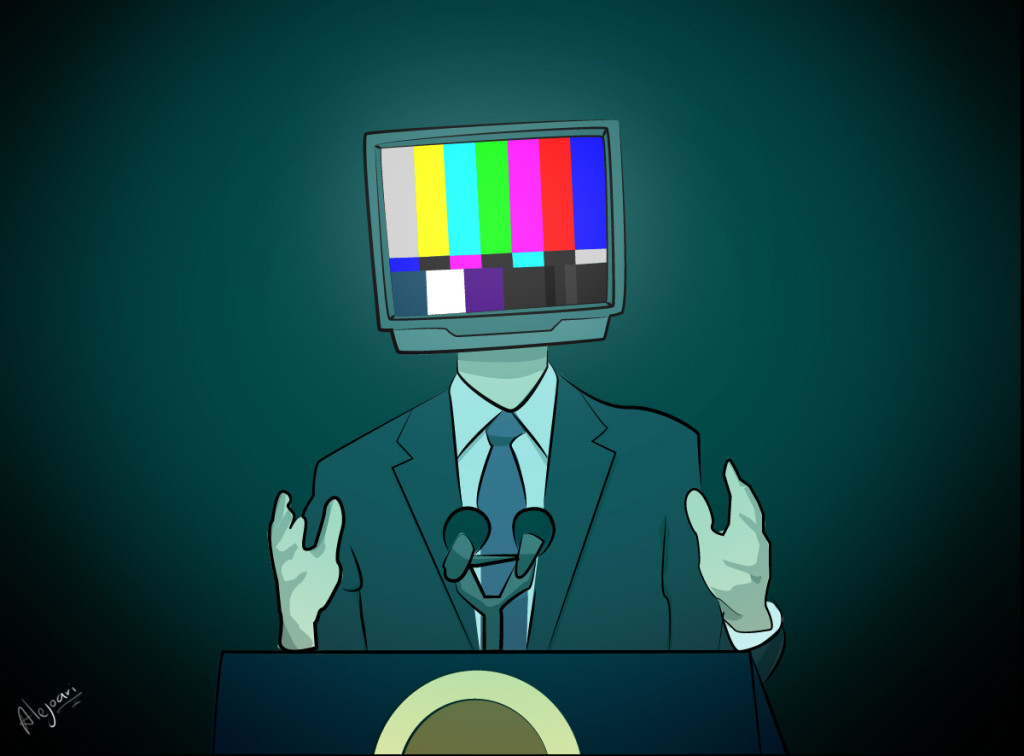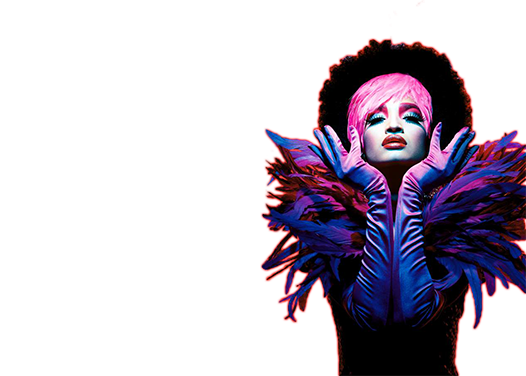Spring 2022



Previous Courses
MSCR 1150: TV 101
This course offers students an introduction to television studies, and it explores how television operates within industrial, political, aesthetic, cultural, and technological contexts.
MSCR 1220: Media, Culture, and Society (large lecture format)
This course provides an introduction to the study of media to better understand how media impact culture and society. We will explore how our everyday engagements with media are influenced and structured by broader industrial, political, ideological, and social contexts.
MSCR 1220: Media, Culture, and Society (seminar format)
MSCR 1300: TV Text and Context
This course offers students an introduction to television studies, and it explores how television operates within industrial, political, aesthetic, cultural, and technological contexts.
MSCR 2220: Understanding Media & Film
This course accepts that we comprehend much of our experience in and through media constructions and aims to assess this experience with an analytical approach to media texts and media as text. We will primarily focus on film and television by analyzing their various aesthetic, representational, and ideological forms.
MSCR 3210: Digital Aesthetics of Failure
This course explores digital aesthetics through the investigation of a specific question: what do we learn about digitality when we examine the aesthetic form of audiovisual media and technologies when they fail? To answer this question, this course will ask you to reframe normative assumptions about failure (as an experience with or judgment about unsuccessful execution or inadequacy, or, more broadly, as a definitive problem to overcome). In doing so, this course will allow us to expand our understanding of digital aesthetics beyond an over-simplified list of tools, techniques, or technological operations used to produce audiovisual media.
MSCR 3420: Digital Media Culture
This course explores critical social and cultural issues that have emerged parallel to the spread of digital technologies, from the 1960s to the present. We will analyze the impact of technologies ranging from the first computers to social media, surveillance and video games. We will ask critical questions about how our habits and ways of thinking change as we live our networked lives in a so-called information society.
MSCR 3435: Media Industries
This course provides an overview of media industry studies. While other courses in our program may help students develop the language to interpret moving images and media, this course invites students to look beyond the text. Though writers, directors, and producers are certainly key players in the development of content, this class focuses on the business of media in print, film, television, music, computer, video game, and mobile technology industries.
MSCR 3437: Media & Identity
This course explores how identities are constructed within media and, through various modes of critical analysis, will complicate how we decipher the visible forms of identities in media we consume every day. The course unravels the complexities of identities in media by considering how identity can be read upon the surfaces of bodies, which will illuminate how and why categories like gender, race, class, and sexuality are visually and socially constructed rather than inherently “natural.” Our engagement with a range of texts will also problematize how we attribute meaning to identities based solely upon their visible properties, allowing us to question the circumstances causing our visual perception of identity to fail (and the consequences that follow).
Film 1010: Film Aesthetics & Analysis
Introductory course for Film Studies majors. This course emphasizes intensive writing instruction and introduces students to methodologies like close-textual analysis.
FILM 4180: Transnational Queer Cinemas
I designed this course to consider how international cinema or world cinema would change if categories for national cinemas or national boundaries were to shift toward malleable trans/national models and conceptualizations. I foregrounded queer theories and methodologies as one pathway destabilize the connection between international cinema and national context. My aim was to facilitate unfixed models to approach trans/national cinemas, peoples and places, whereby our continual re-orientation might allow us to understand (non-US) film differently.
FILM 4750: Film Theory & Criticism
This course provides an introductory overview to film theories and methods of film analysis. It explores theories pertaining to how cinema functions as a medium, art form, practice, and institution (etc.), and how cinema signifies (e.g. communicates, produces meanings, and constructs itself as a language).
FILM 4765: Gender (Trouble) in Film
I designed this course to function as a survey of feminist film theory and criticism, which moves into contemporary theories and studies of gender and sexuality in film. This course explores how gender operates within normative frameworks, becoming troubled by images/performances of non-normative gender and sexuality, and how gender goes awry in film when it is reconfigured in relation to post-human object-oriented philosophies.
FILM 4780: New Media Studies
I designed this special topics course to introduce film studies students to a range of topics within new media studies. This course aimed to clarify distinctions between “new” media in relation to “old” media within historical and theoretical frameworks. The course was divided by theoretical topics, including digital aesthetics, constructions of cyborgs or post-humans, “mediations” of technology, and virtual realities.

